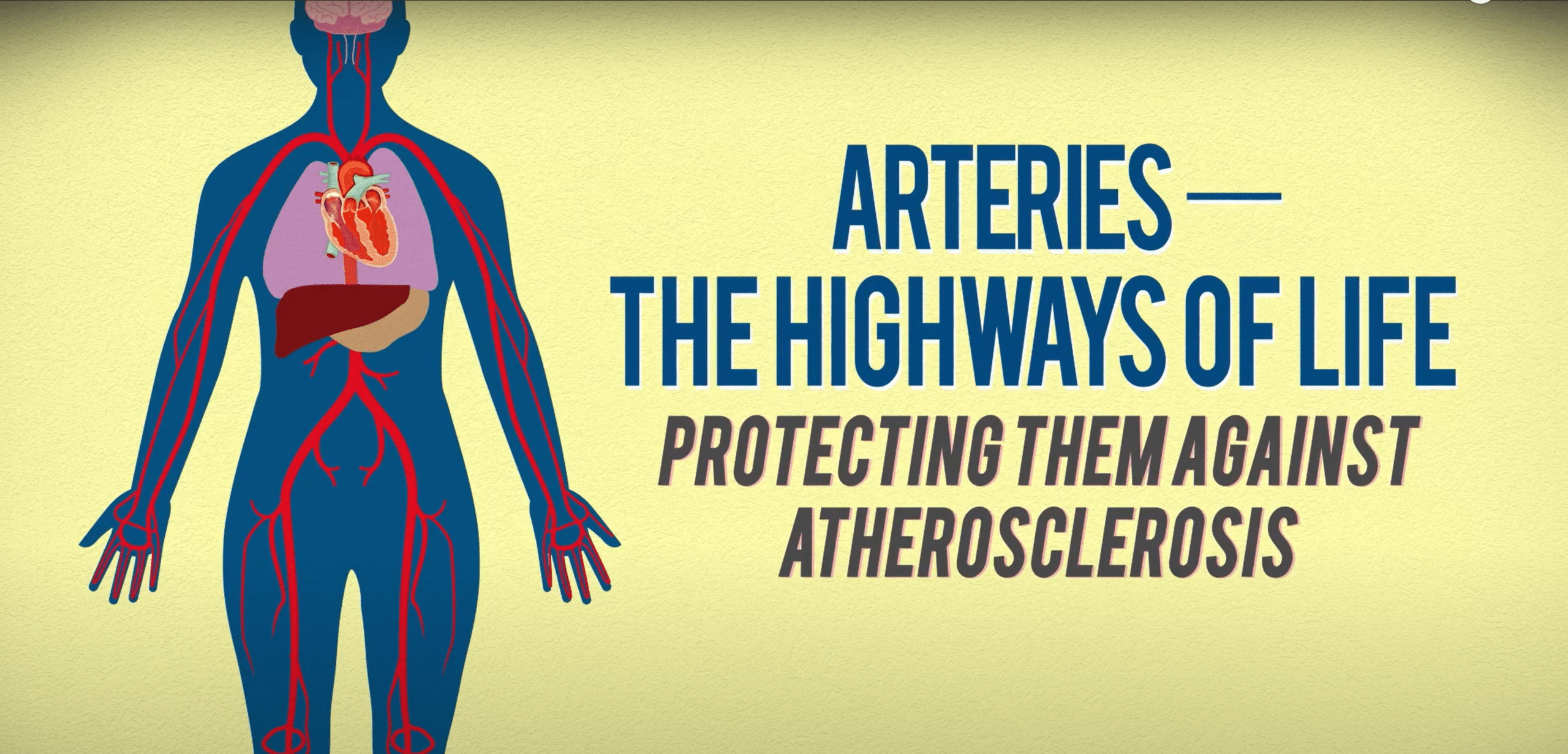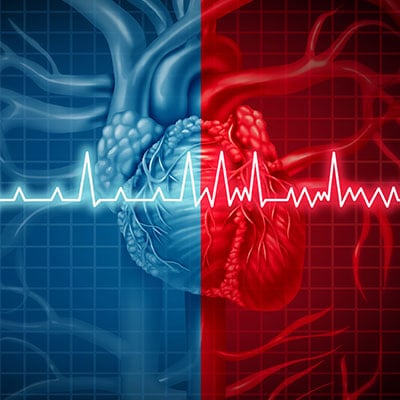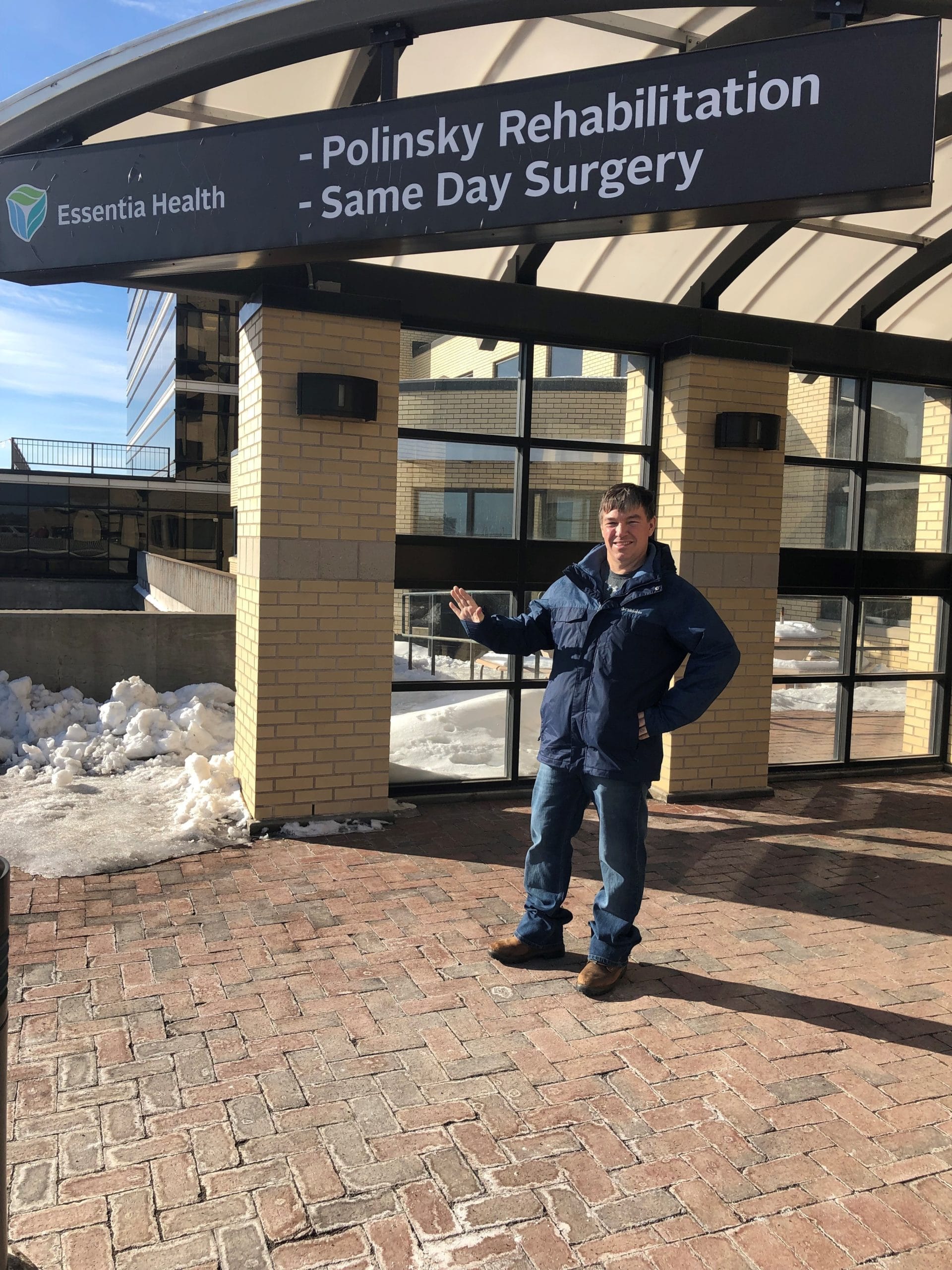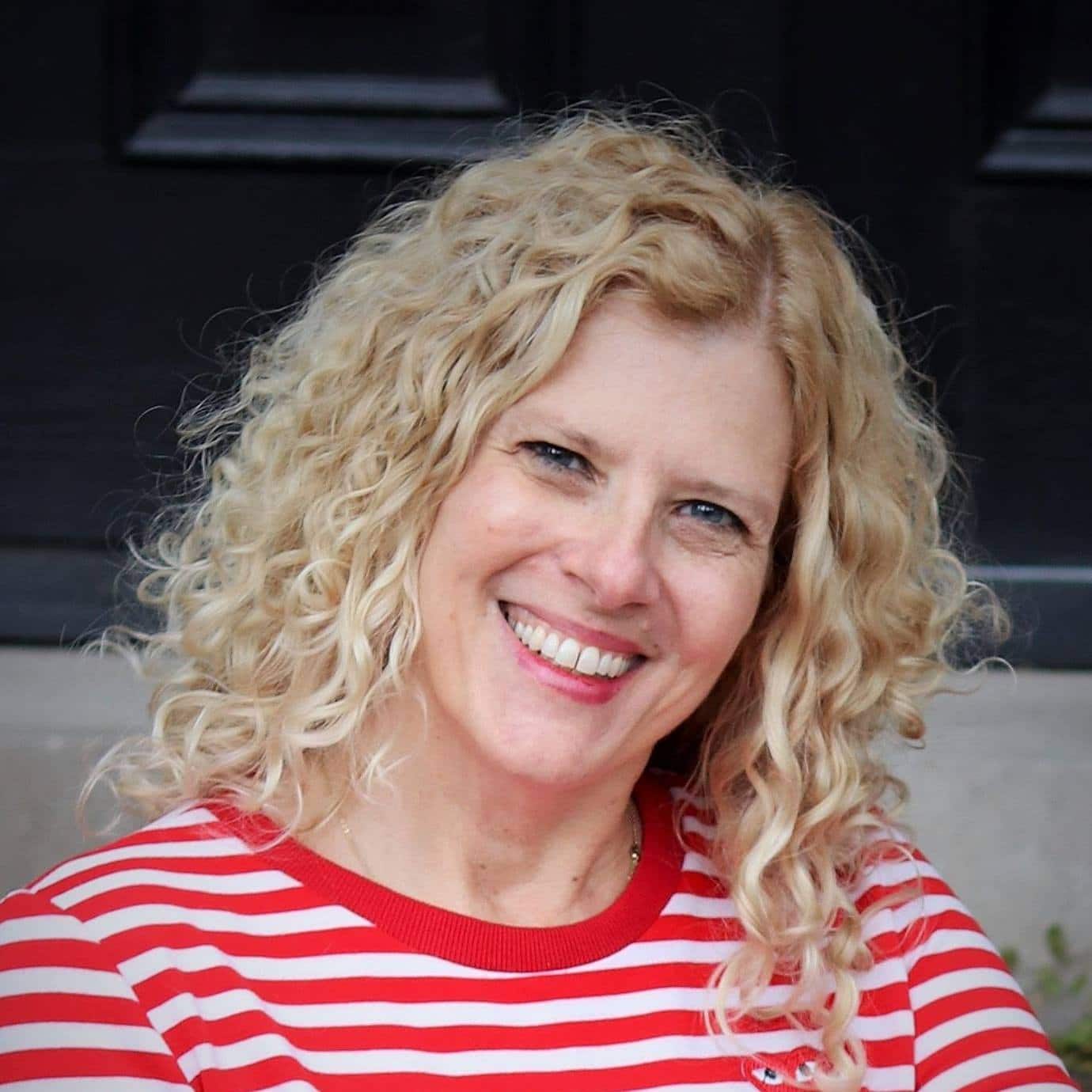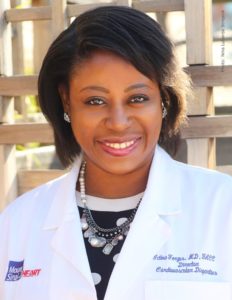
The Heart Valve Disease Awareness Day Fifth Anniversary Celebration on February 22 will celebrate a heart valve patient and visionary, a leading cardiologist and champion of health equity, a dedicated partner, a heart valve institute that is leading the charge in innovation, and all of the partners and advocates that have helped the Heart Valve Disease Awareness Day Campaign reach hundreds of millions of people over the past five years. Get to know Dr. Icilma Fergus, recipient of the Heart Health Equity Champion Award:
Could you tell us about your work and current role at Mount Sinai?
I am an associate professor of medicine and a clinical cardiologist. While I spend a large portion of my time managing patients who already have heart disease, there is a focus on prevention and strategies towards eliminating heart health disparities. Educating rising young physicians and the community is also a very important part of what I do.
What are the symptoms of heart valve disease, and how is it treated?
It depends on the type of heart valve disease. When heart disease arises secondary to a dilated chamber with regurgitation, symptoms are those of volume overload and heart failure with shortness of breath, edema, etc. Some types of valve disease can be silent for many years before symptoms develop such as bicuspid aortic valve or congenital mitral stenosis.
As many as 11 million Americans have heart valve disease, yet 3 out of 4 Americans know little to nothing about it. Why do you think there is such an awareness gap?
While there have been many campaigns related to heart disease in general, people have not drilled down as much on the various subtypes such as heart valve disease. There should be more efforts at separating the various types of heart disease in a way that is well understood by our communities.
In recognition of your work to advocate for heart valve disease equity, the Alliance is presenting you with the Heart Health Equity Champion Award. What are some of the obstacles to referral, diagnosis, and access to newer interventions among African Americans with heart valve disease, and how can these be addressed?
Primary care providers themselves who provide care in underserved communities may not be well versed on heart valve disease and thus not know when to refer; additionally, some providers express concern that once referred they may not get their patients back. These are two major obstacles.
Why do you think Heart Valve Disease Awareness Day is important?
Heart Valve Disease Awareness Day is very important as it sets the stage for letting people know about this very important subject.
What is something someone can do today to take charge of their heart health?
People should recognize that some things are modifiable by one’s own actions. Managing the cardiometabolic risks such as blood pressure, cholesterol, and diabetes can help to mitigate poor outcomes from heart valve disease.
How do you keep your heart healthy?
To keep your heart healthy, know your numbers—what should your blood pressure, blood sugar, and cholesterol profile be? Have a good idea of what these numbers are and then act on them.
What is one thing that not many people know about you?
People don’t know that I am a gardener—I love plants and flowers and I grow vegetables. I use this as an outlet to relax and distress. It also provides a level of physical activity, especially in the summer. It also provides loads of good wholesome vegetables—cucumbers, squash, peppers, tomatoes, eggplants.

